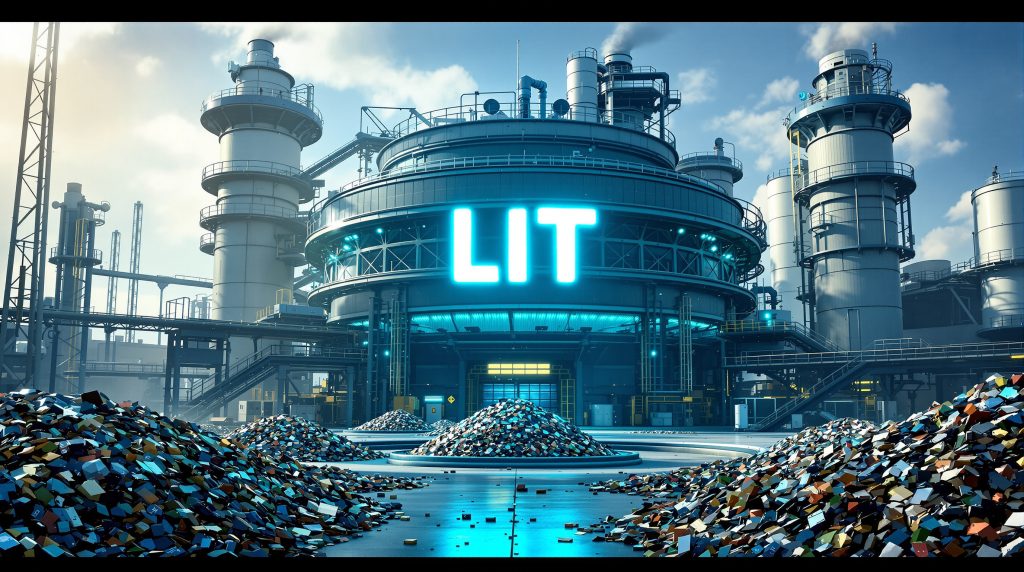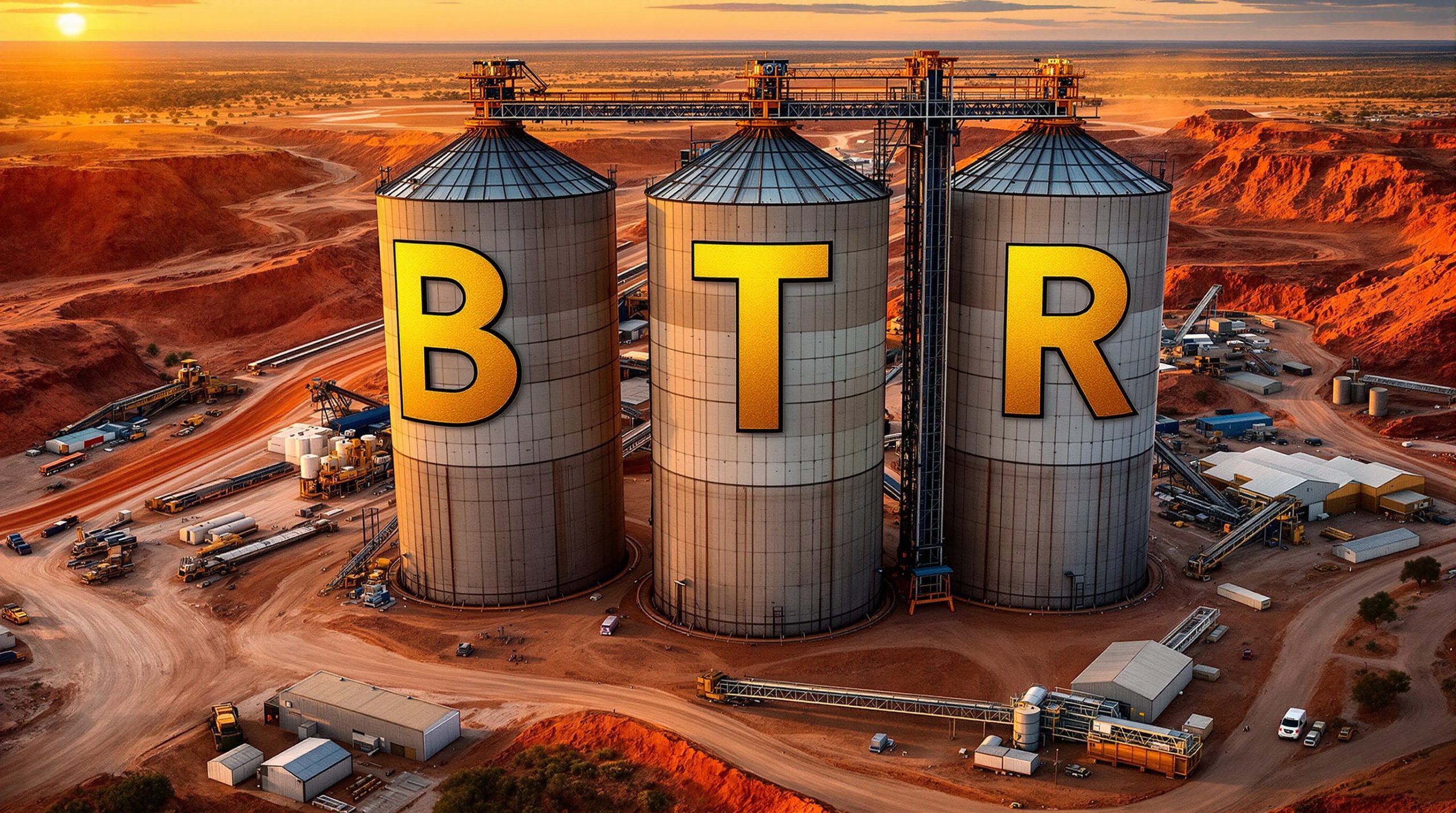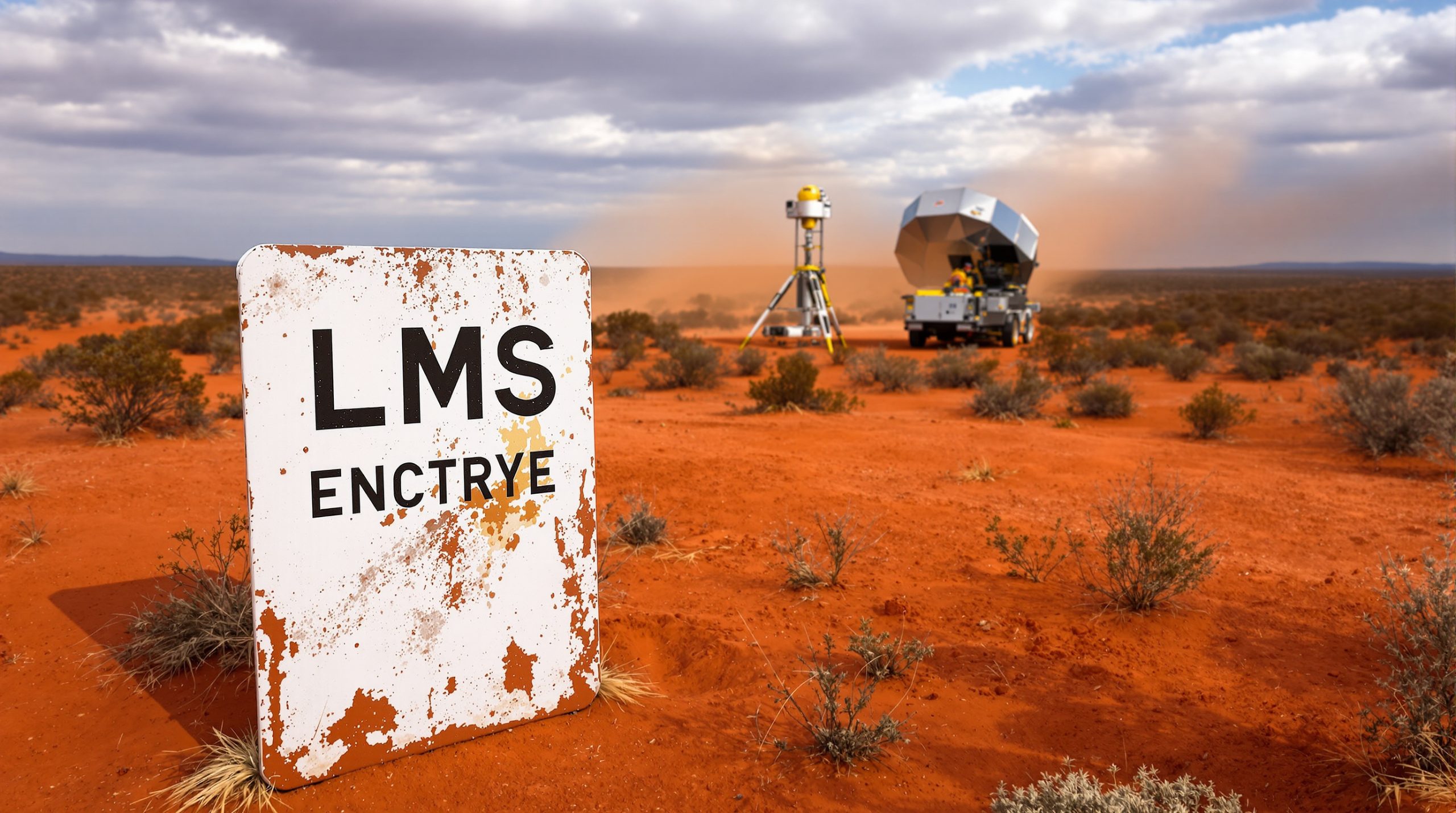Recycling with Livium Ltd: Turning Clean Energy Waste into Commercial Opportunity
Livium Ltd (ASX: LIT) is positioning itself at the forefront of the circular economy, expanding from its core battery recycling business into high-value adjacent markets. This strategic diversification leverages the company's existing expertise while targeting emerging opportunities in black mass processing, solar panel recycling, and rare earth element recovery.
Australia's Leading Battery Recycler Expanding Into Lucrative Adjacent Markets
Livium, previously known as Lithium Australia, has established itself as Australia's market-leading lithium-ion battery recycler through its Envirostream business. This core operation provides a solid foundation, generating revenue through a "fee for service" model with established industry customers.
What's particularly noteworthy is how recycling with Livium Ltd is now strategically expanding beyond its established battery recycling vertical into adjacent markets with significant growth potential:
- Black Mass Processing: A market expected to reach US$52 billion by 2032
- Photovoltaic (PV) Recycling: Projected to become a US$3 billion market by 2034
- Rare Earth Element (REE) Recovery: Expected to reach US$7 billion by 2026
These expansions aren't random diversifications but calculated moves leveraging Livium's established collection and pre-processing capabilities.
Battery Market Growth Creating Massive Opportunity
The end-of-life (EOL) battery market is experiencing exponential growth, particularly in the electric vehicle (EV) and energy storage system (ESS) segments. Key metrics highlight the scale of this opportunity:
- 43% CAGR expected in ESS/EV volumes by 2030
- Current addressable market for large format batteries estimated at A$25 million
- 2030 estimated large format addressable market of A$151 million
Envirostream currently collects only about 20% of estimated waste, indicating significant room for growth in Livium's core business alone.
"Our core battery recycling business provides a strong foundation, but the real growth potential lies in these adjacent recycling markets. We're uniquely positioned to capture value from multiple waste streams using our established expertise and infrastructure," states Simon Linge, Managing Director and CEO of Livium.
Strategic Partnerships Driving Innovation
Livium is executing its expansion strategy through targeted partnerships that provide access to specialized technologies and markets:
Won Kwang S&T Partnership
This collaboration focuses on end-of-life PV recycling, with a phased approach:
- Export of PV panels
- Frame and glass separation
- Local full processing
The partnership aims to establish a joint venture to build and operate an Australian PV recycling facility, with Livium receiving service fees from Won Kwang across all development phases.
Iondrive Collaboration
Livium has signed a binding term sheet with Iondrive to advance clean energy waste processing, including:
- Solar panel recycling
- Black mass processing
- Rare earth element recovery
The commercialization pathway includes technology assessment, binding documentation development, and eventual commercial-scale supply and production arrangements.
University of Melbourne Research
A term sheet with the University of Melbourne explores microwave technology for rare earth element extraction, offering:
- >95% recovery rates for Neodymium
- >80% recovery for Praseodymium
- 85% energy reduction compared to conventional processes
- Reduced acid and reagent usage
- Decreased wastewater generation
This agreement would grant Livium exclusive global rights to the technology for 20 years.
Why Solar Panel Recycling Now?
The timing for entering the solar panel recycling market is particularly strategic:
- Australia is projected to generate over 90,000 tonnes of EOL panels annually by 2035
- Currently, only 10% of panels are recycled
- Panels contain valuable materials worth approximately $1,000 per tonne
- Regulatory changes in 2025 are expected to ban landfilling and require producer-funded recycling
- Basel Convention amendments restrict the export of solar waste, increasing domestic processing demand
The Rare Earth Elements Strategic Advantage
Rare earth elements represent another strategic opportunity, with several compelling factors:
- China currently processes ~90% of global rare earth supply
- Magnetic REEs comprise only 30% of REE volume but capture 80% of value
- Currently, only 1% of the world's REE is recycled
- Secondary supply (recycling) is increasingly favoured as a path to local supply security
Building on Established Strengths
Recycling with Livium Ltd makes strategic sense for several reasons:
- It meets existing customer needs for comprehensive waste management solutions
- Leverages core competencies in handling and pre-processing hazardous materials
- Utilises the established "fee for service" commercial model
- Provides revenue growth and diversification
- Enables an asset-light market entry with limited initial investment
Understanding Black Mass Processing
Black mass, also known as mixed metal dust (MMD), is a key product from lithium-ion battery recycling. This powder-like substance contains valuable metals including lithium, cobalt, nickel, and manganese that can be recovered for reuse in new batteries.
The global black mass recycling market is expected to grow rapidly, reaching US$51.7 billion by 2032. This growth is driven by increasing demand for critical materials and the need to reduce reliance on primary mineral extraction.
Livium's current approach involves selling black mass internationally, including under a three-year off-take agreement with SungEel HiTech, which purchases at least 60% of production. By potentially moving into black mass processing itself, Livium could capture more of the value chain, improving economics and reducing the carbon footprint associated with international shipping.
How Black Mass Processing Works
Black mass processing typically involves several stages:
- Collection and sorting of end-of-life batteries
- Mechanical processing to separate components
- Chemical processing to extract valuable metals
- Refining to produce battery-grade materials
Advanced technologies can achieve high recovery rates for critical metals like lithium, cobalt, nickel, and manganese, making this process both environmentally and economically attractive.
Investment Perspective: Why Livium Deserves Attention
Livium represents an interesting investment opportunity for several reasons:
-
Established Revenue Base: The core battery recycling business already generates revenue through a proven "fee for service" model.
-
Massive Market Growth: The company is positioned in multiple high-growth markets—battery recycling, black mass processing, solar panel recycling, and rare earth elements recovery.
-
Strategic Partnerships: Collaborations with Won Kwang S&T, Iondrive, and the University of Melbourne provide access to specialized technologies and markets.
-
Regulatory Tailwinds: Upcoming regulations around battery and solar panel disposal are likely to increase demand for Livium's services.
-
Value Chain Integration: By potentially moving into processing of black mass and other materials, Livium could capture more value from existing waste streams.
-
Diversification Strategy: The company's expansion provides revenue diversification while leveraging existing capabilities and infrastructure.
Livium offers exposure to the growing circular economy for clean energy materials at a time when resource security and sustainable material use are becoming increasingly important global priorities. By focusing on recycling and recovery of critical materials, the company is well-positioned to benefit from both environmental trends and geopolitical shifts in supply chain management.
Strategic Execution Path
Livium's approach to these new markets follows a clear pattern:
- Identify Adjacent Opportunities: Target waste streams that complement existing operations
- Secure Strategic Partnerships: Collaborate with technology providers and industry specialists
- Phased Implementation: Begin with low-capital activities while developing more advanced capabilities
- Commercial Integration: Incorporate new services into existing customer relationships
This methodical approach allows Livium to manage risk while steadily expanding its market presence.
"We're not just collecting and pre-processing materials anymore. Through these strategic partnerships, we're positioning Livium to play a key role in the complete recycling value chain for critical clean energy materials," explains Stuart Tarrant, Chief Financial Officer of Livium.
Conclusion
Recycling with Livium Ltd represents a logical evolution of its business model, leveraging existing capabilities to capture new opportunities in rapidly growing markets. By focusing on high-value waste streams from clean energy technologies, the company is positioning itself as a key player in the circular economy for critical materials.
With established partnerships providing access to specialized technologies and a phased approach to market entry, Livium appears well-positioned to execute its growth strategy while managing capital requirements. For investors interested in the recycling and resource recovery sector, Livium offers an intriguing opportunity to gain exposure to multiple high-growth markets through a single company with an established operational foundation.
Ready to Invest in the Clean Energy Recycling Revolution?
Discover how Livium Ltd (ASX: LIT) is transforming the future of clean energy waste management through its innovative recycling solutions and strategic partnerships. To learn more about this compelling investment opportunity in battery recycling, black mass processing, solar panel recycling, and rare earth element recovery, visit Livium's Investor Hub today.




